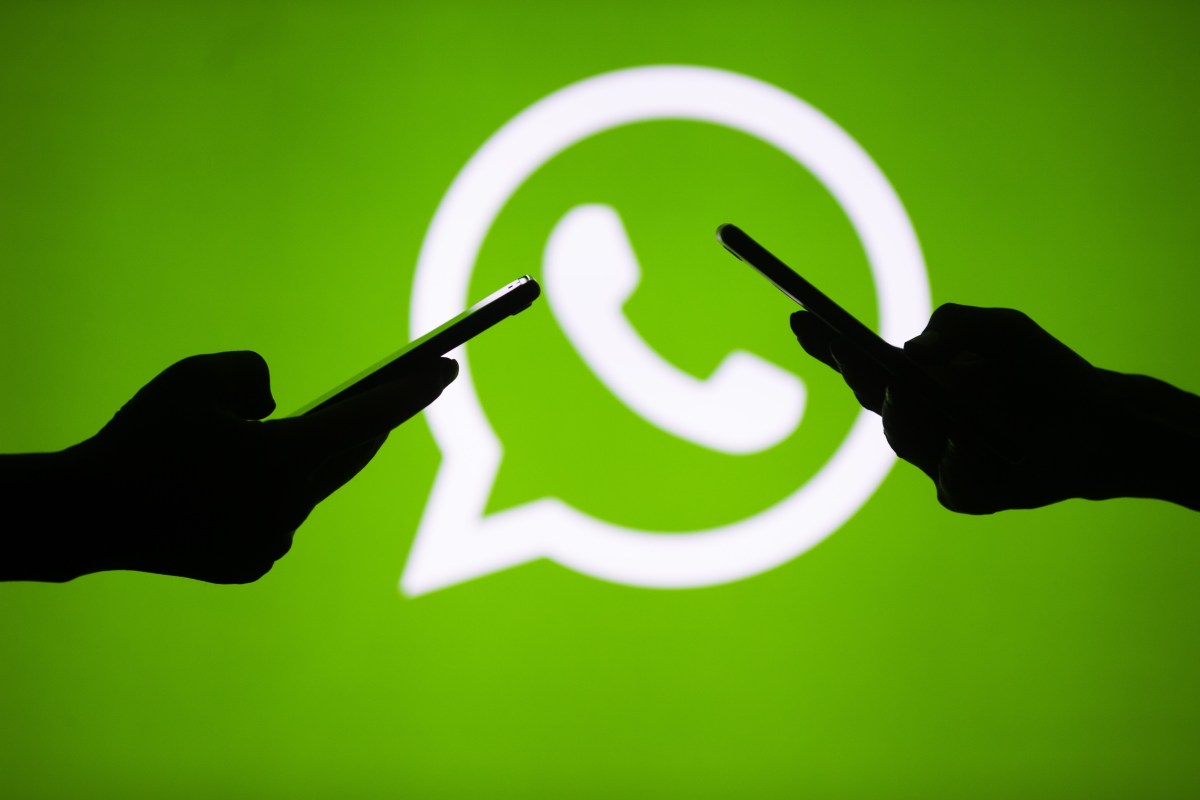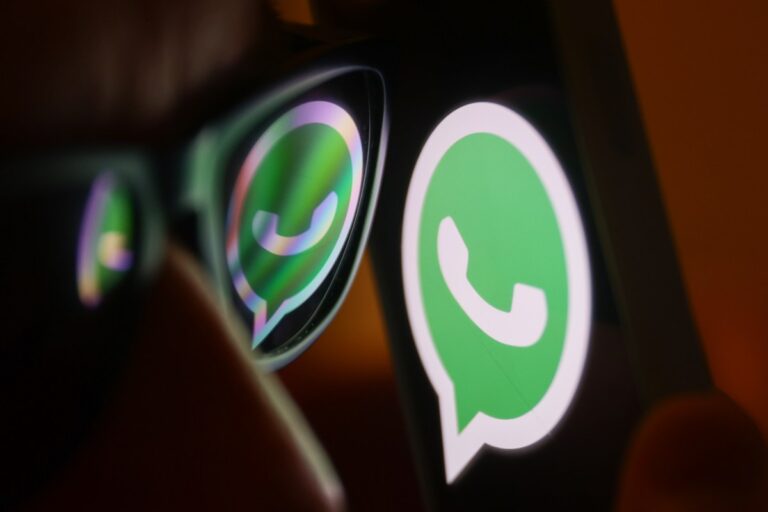WhatsApp Thwarts Hacking Campaign Against Journalists Using Paragon Spyware
WhatsApp has recently announced that it successfully disrupted a significant hacking campaign that targeted approximately 90 users, including journalists and civil society members. This incident underscores the growing concerns surrounding spyware threats and the importance of accountability in the tech industry.
WhatsApp’s Response to Spyware Threats
A spokesperson for WhatsApp revealed to TechCrunch that this hacking campaign is linked to Paragon, an Israeli spyware company that was acquired by AE Industrial, a U.S. private equity firm, in December of the previous year. Zade Alsawah, the WhatsApp spokesperson, stated:
“We’ve reached out directly to people who we believe were affected. This is the latest example of why spyware companies must be held accountable for their unlawful actions. WhatsApp will continue to protect people’s ability to communicate privately.”
How the Hacking Campaign Worked
According to WhatsApp, the campaign utilized malicious PDFs shared through WhatsApp groups to compromise targeted users. In response, the platform implemented a fix to counter this specific threat.
Investigations by Security Experts
- John Scott-Railton, a senior researcher at Citizen Lab, noted that his team had also observed this hacking campaign and is currently investigating it.
- WhatsApp believes the campaign took place in December and has since sent a cease and desist letter to Paragon.
Background on Paragon and Its Operations
This hacking campaign marks the first public link of Paragon to activities targeting journalists and civil society. Since its inception in 2019, Paragon has managed to maintain a low profile, unlike other spyware companies such as Intellexa and NSO Group, which have faced scrutiny from the U.S. government.
In September, Paragon signed a contract with the U.S. Immigration and Customs Enforcement, which was reported by Wired. This contract followed a vetting process where Paragon demonstrated its technology’s controls to prevent targeting U.S. residents from abroad.
Concerns Over Targeted Individuals
Currently, it remains unclear who the specific targets of the spyware campaign are. However, experts are calling for increased transparency and regulation in the spyware industry.
Reactions from Digital Rights Advocates
Natalia Krapiva, senior tech-legal counsel at Access Now, a digital rights organization, praised WhatsApp’s actions. She stated:
“For some time, Paragon has had the reputation of a ‘better’ spyware company not implicated in obvious abuses, but WhatsApp’s recent revelations suggest otherwise. This is not just a question of some bad apples — these types of abuses are a feature of the commercial spyware industry.”
Conclusion
As the threats from spyware companies like Paragon become more pronounced, it is essential for tech companies to take proactive measures to protect users. WhatsApp’s recent actions highlight the ongoing battle against digital threats and the need for greater accountability within the spyware industry.
For further insights and updates on spyware and digital rights, visit TechCrunch or check out Access Now.







